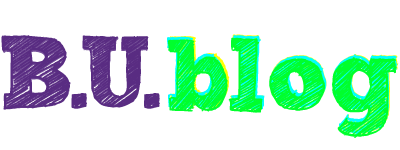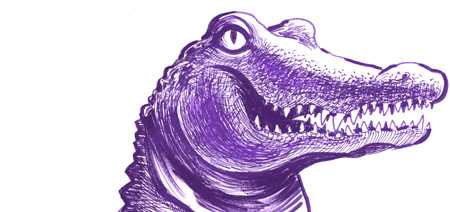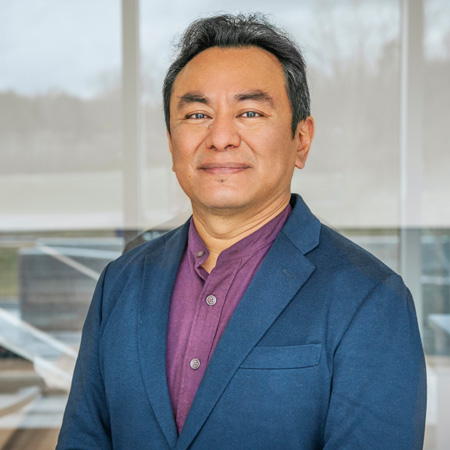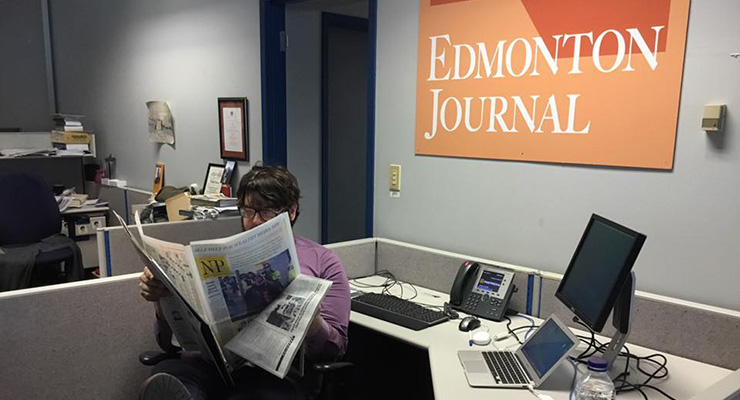Dr. Genner Llanes-Ortiz is Bishop’s University’s newest Canada Research Chair and specializes in Digital Indigeneities.
Dr. Llanes-Ortiz draws a lot from his experience as an Indigenous person in his research. Being from Mexico, he emphasizes that the most important part of his work at Bishop’s is creating conversations between Indigenous people in the South and Indigenous people in the North.
Being an Indigenous person who is not indigenous to Canada really has taught me a lot. I’m trying to be a good guest and to establish meaningful relations with my Indigenous relatives in this land, which takes time and trust. This continues to be one of my most important experiences as an Indigenous researcher.
Dr. Genner Llanes-Ortiz
The term digital indigeneities describes the different ways in which Indigenous people around the world are using and adapting digital technologies to serve their own objectives: to promote their languages and world views, to educate the public about Indigenous histories and concerns, to campaign for Indigenous causes, and to transmit knowledge to younger generations. Dr. Llanes-Ortiz’s research is about documenting what has already been done, working to identify trends, unique experiences, as well as commonalities. It is also about establishing digital collaborative projects with Indigenous partners and communities, based on their own expertise and goals.
He uses two main techniques in his research: meaningful conversations and digital ethnography. The latter consists of participating in and paying close attention to what people practice online and when using digital tools.
In the next few years, Dr. Llanes-Ortiz aims to develop collaborative projects in at least four different lines of research.
First, he wants to explore how various technologies can help with language revitalization efforts. For example, he started collaborating with projects focused on the documentation and teaching of Abenaki in the Eastern Townships, and his own Maya language in the Yucatan peninsula, Mexico. Secondly, he is trying to understand the potential of digital maps in the representation of Indigenous histories and forms of knowledge. This is part of his contributions to the Unearthing Justices Partnership project, working with Dr. Vicki Chartrand, Dr. Alex Miltsov, and Indigenous partners seeking justice for the murders and disappearances of First Nations, Inuit, and Métis women, girls, and 2SLGBTQQIA (MMIWG2S+) people. Dr. Llanes-Ortiz is also interested in the creation of digital collections of historical artifacts or travelling museum collections that are curated by Indigenous people. Finally, he aims to understand the many variables that are involved in the work of Indigenous influencers on social media and the challenges of creating Indigenous communities to exchange cultural history and knowledge online.
“Once all of these projects are running, I wish to bring them together in conversation: maybe through seminars, conferences or workshops that can amplify the things that we’re learning together, and to help other people integrate into a broader network of activists and scholars,” explains Dr. Llanes-Ortiz.
His work, at its core, is deeply collaborative: Dr. Llanes-Ortiz is in constant conversation with other researchers, project leaders, and Indigenous community members, in Canada and across borders. He is also working on hiring Bishop’s students to assist in his work. A Canada Research Chair allows him to build these collaborative projects: “it provides me a platform to begin this work and to, hopefully, establish mutually valuable Indigenous partnerships.”



